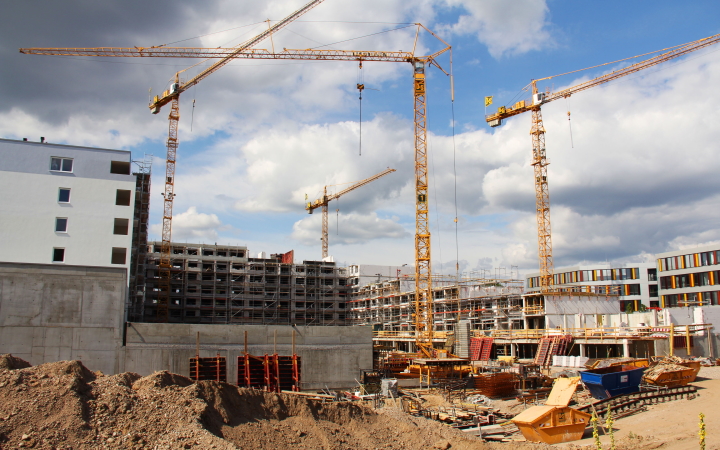
The Ins and Outs of Contractors Professional & Pollution Liability Coverage
Does standard General Liability insurance provide coverage for design activities or modifications and
environmental or remediation services? Great question, and the chances are likely that the answer is no. Commercial General Liability and Umbrella policies have evolved over the years, but one thing has
remained constant: they contain Professional Liability and Pollution Liability ‘exclusions or restrictions’
that negate coverage. Additionally, more subcontract insurance agreements require Contractor’s
Professional Liability (errors & omissions) coverage for design/build activities or design modifications
and Contractors Pollution Liability coverage for environmental/remediation services provided.
Contractors Professional (Errors & Omissions) Liability: This provides coverage for design/build or
design modifications made by the contractor which result in a consequential damage to the project.
Subcontractor limits of liability requirements can range from $1,000,000 to $5,000,000 with typical
retention/deductibles starting at $2,500 up to $50,000. Coverage is on a ‘claims made’ basis which
means the policy that is in force at the time the claim is made is the policy that triggers. Therefore, if a
carrier change occurs it is important that the ‘retroactive date’ on the new policy goes back to the
original date coverage began.
Conversely, if the policy is not renewed or coverage is canceled, an extended reporting endorsement
(tail coverage) should be secured for a specific time period in order to cover claims that may have
occurred but have yet to be reported. In recent years, more insurance carriers have offered rectification
or mitigation coverage which is a first party type coverage to pay expenses to mitigate a negligent act or
omission that otherwise may lead to a professional liability claim. The key is to report the claim to the
insurance carrier as soon as practical so the circumstances around the claim can be reviewed and
needed actions can be determined to rectify the error and the associated costs. As an industry standard,
it is highly recommended to secure the coverage as part of the contractors professional liability
coverage.
Contractors Pollution Liability: This provides coverage for environmental claims caused by the
contractor on the job site, in transit or from a waste disposal/treatment site.
General Liability and Umbrella policies typically have asbestos, lead, silica, synthetic stucco (EFIS/DEFS)
and absolute pollution exclusions because insurance carriers feel these types of exposures are ‘outside’
the scope of traditional general and umbrella liability coverage, which makes them unable to properly
price the coverage.
Subcontractor limits of liability requirements can range from $1,000,000 to $5,000,000 with
retention/deductibles starting at $2,500 and going up to $25,000. Coverage can be secured either on a
‘claims made’ or ‘occurrence’ basis. It is typically recommended to obtain occurrence policies if possible
so that in the chance of a carrier change, ‘prior acts’ coverage does not need to be secured, or if a policy
cancellation occurs then tail coverage will not be required either.
Both coverages can be purchased as either standalone or as a combined Contractors Professional and
Pollution Liability policy. Oftentimes, the combined policy approach is priced better, particularly if there
is an incidental environmental exposure.
There are many factors to consider when reviewing General Liability and Umbrella policies as well as
how to best obtain Contractors Professional and Pollution liability coverage. Reach out to the
AssuredPartners Construction team today to discuss more coverage options, what coverage is adequate,
and how to best protect assets and keep building projects secured.
Featured News & Insights

When it comes to construction, safety is always priority number one. You already know that personal protective equipment (PPE) is a must to keep your team safe from hazards on the job. But here’s...

In the construction industry, contracts define relationships, responsibilities, and expectations among contractors, subcontractors, and owners. One of the most important yet often misunderstood...

Surety bonds in construction play a crucial role in ensuring that the projects are completed on time and within budget. They serve as a guarantee to the project owners that the contractor will...